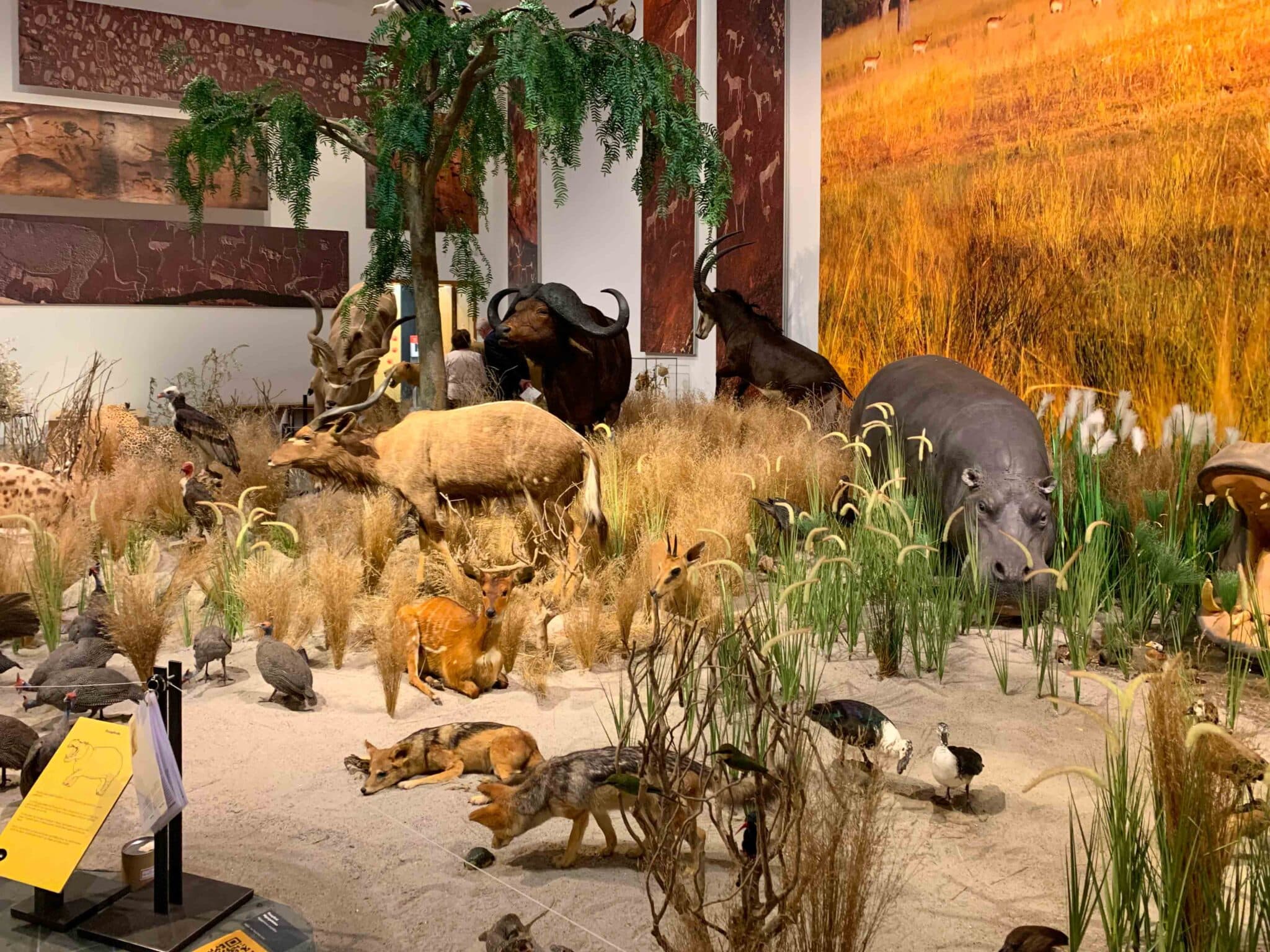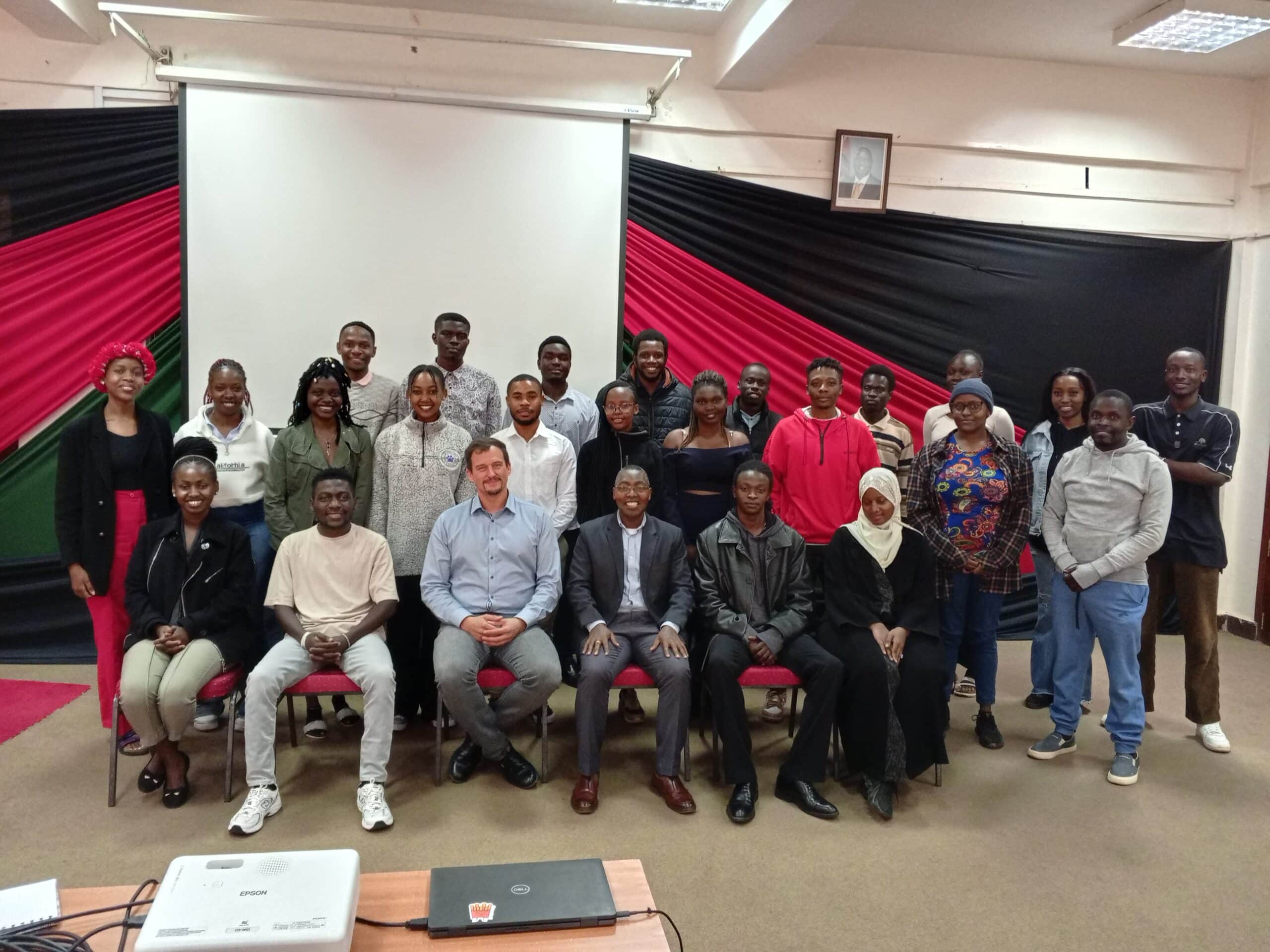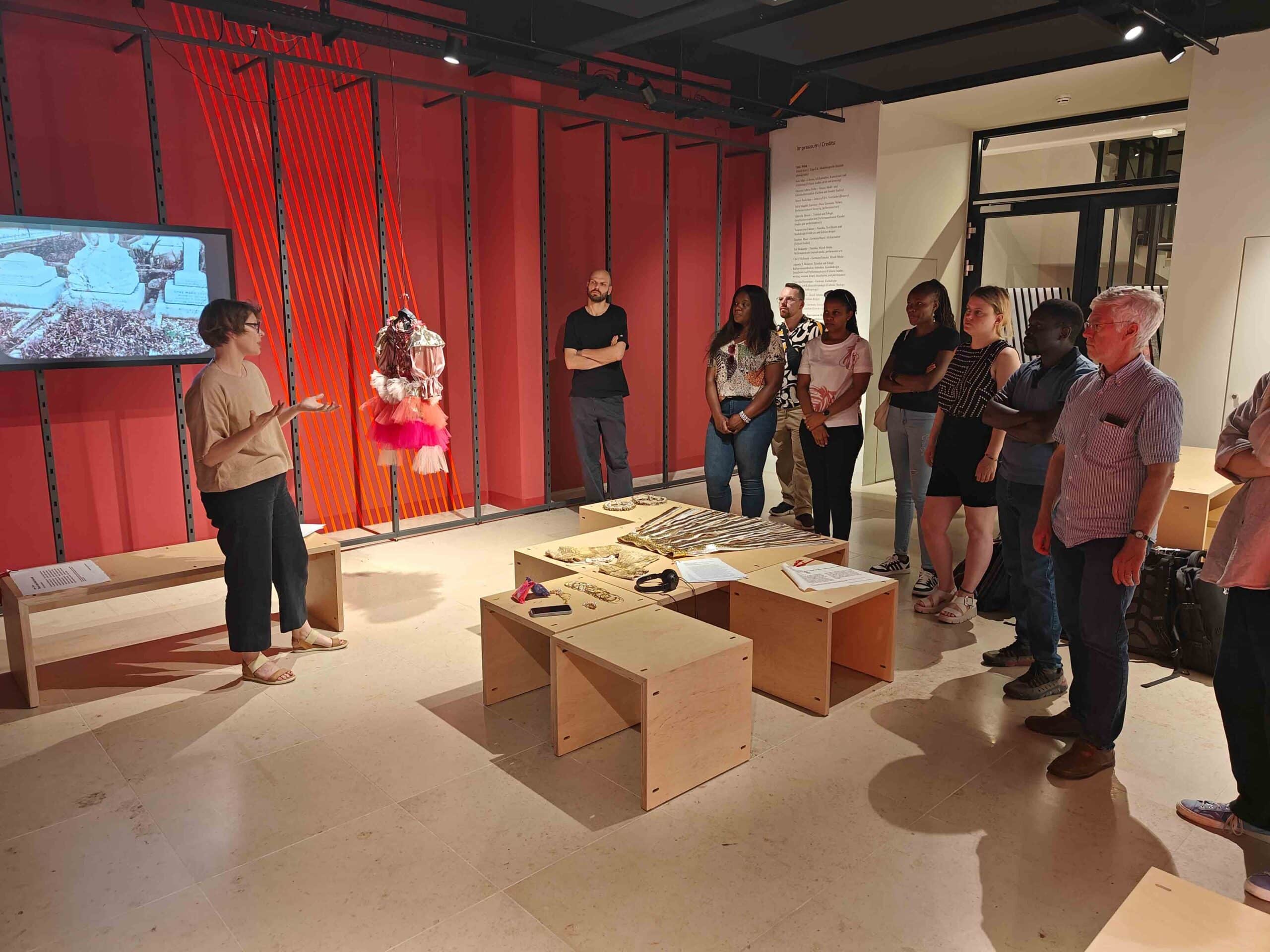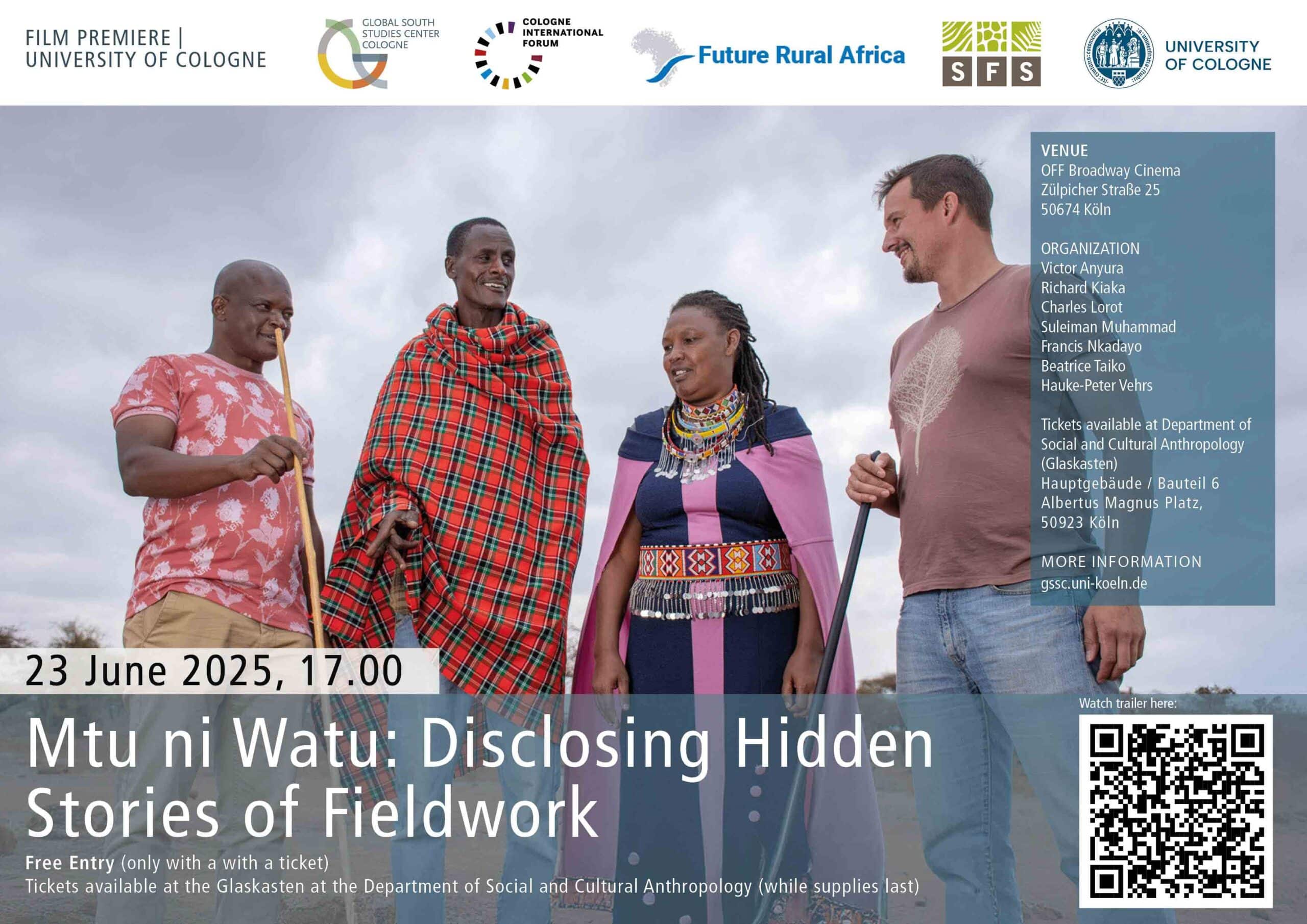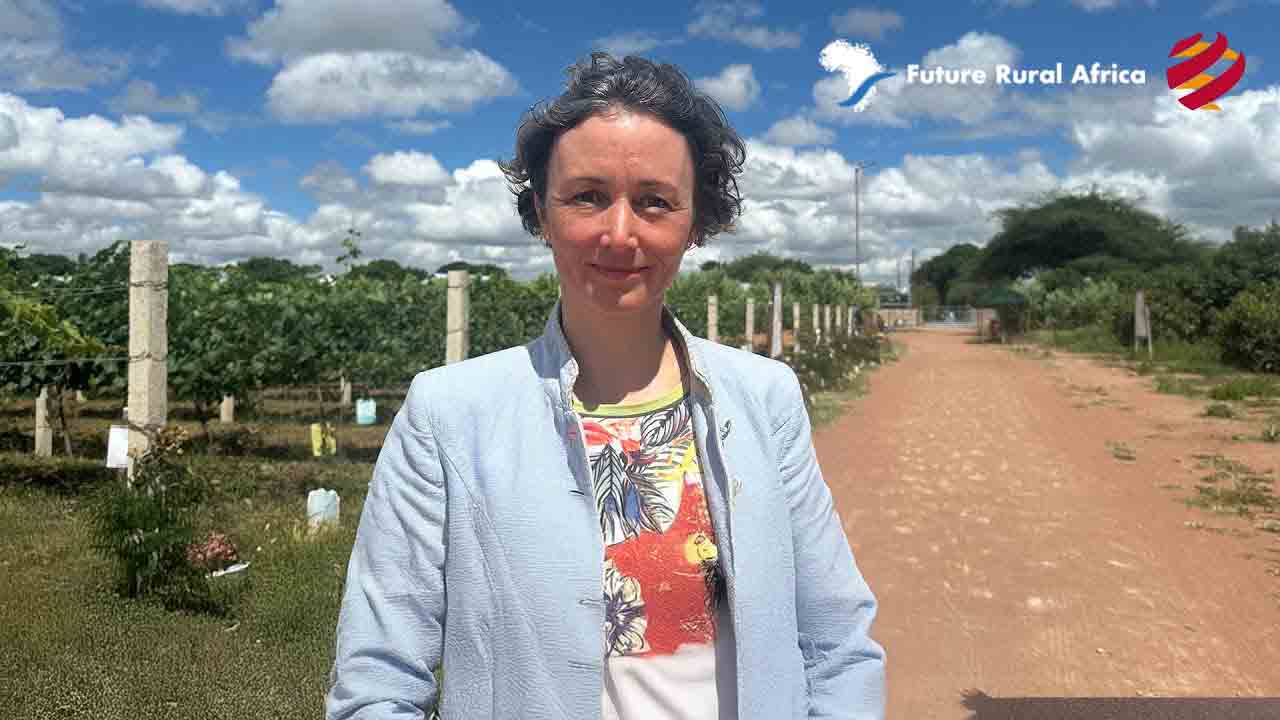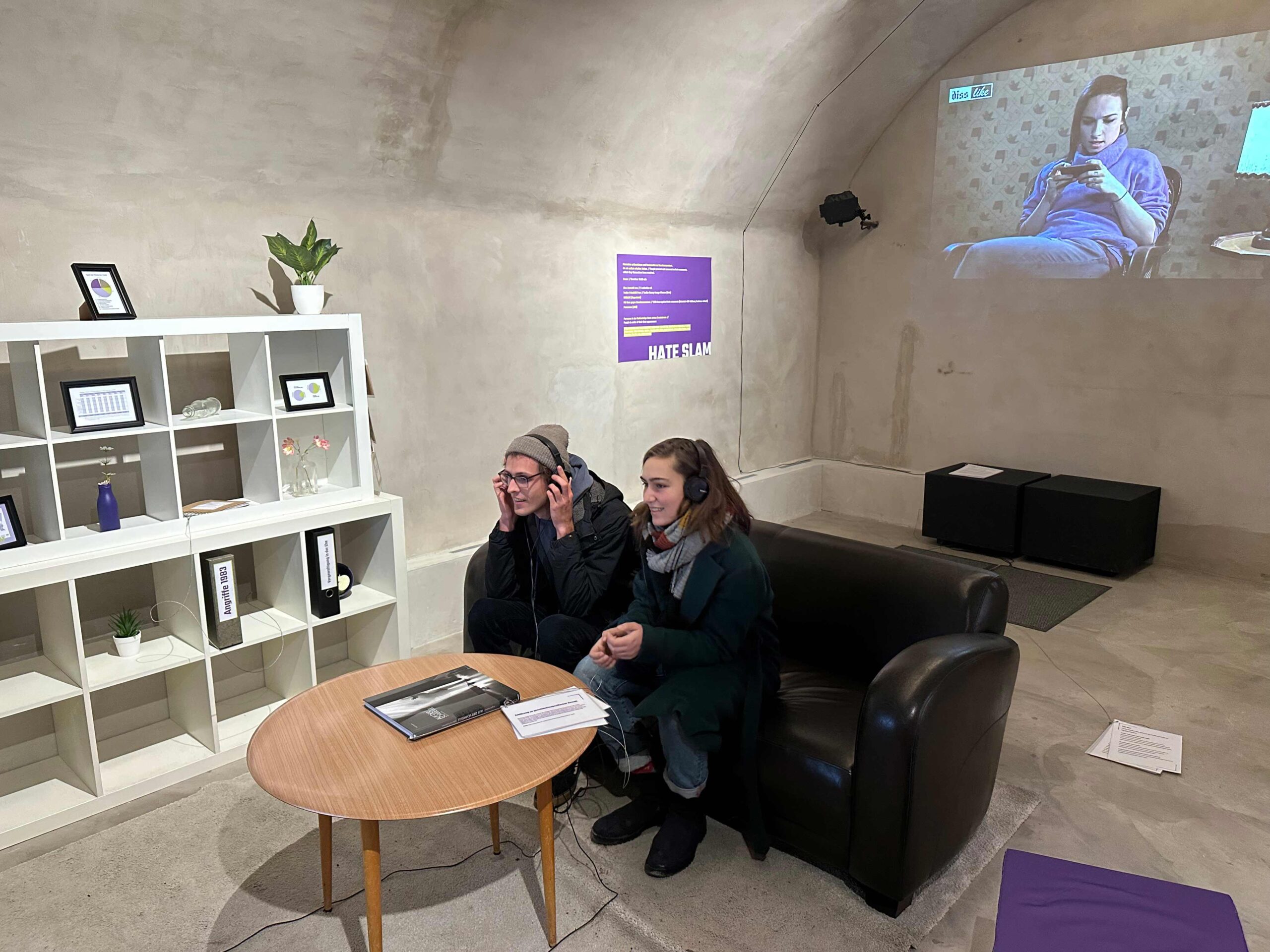Future Rural Africa Project A04 Future Conservation and the closely intertwined “Rewilding the Anthropocene” research project from the University of Cologne are featured in the current exhibition at the Wiesbaden Museum titled “The Hare is the Death of the Hunter Culture and Nature of Southern Africa”. The exhibition is centered around the evolving relationship between humans and nature in Southern Africa.
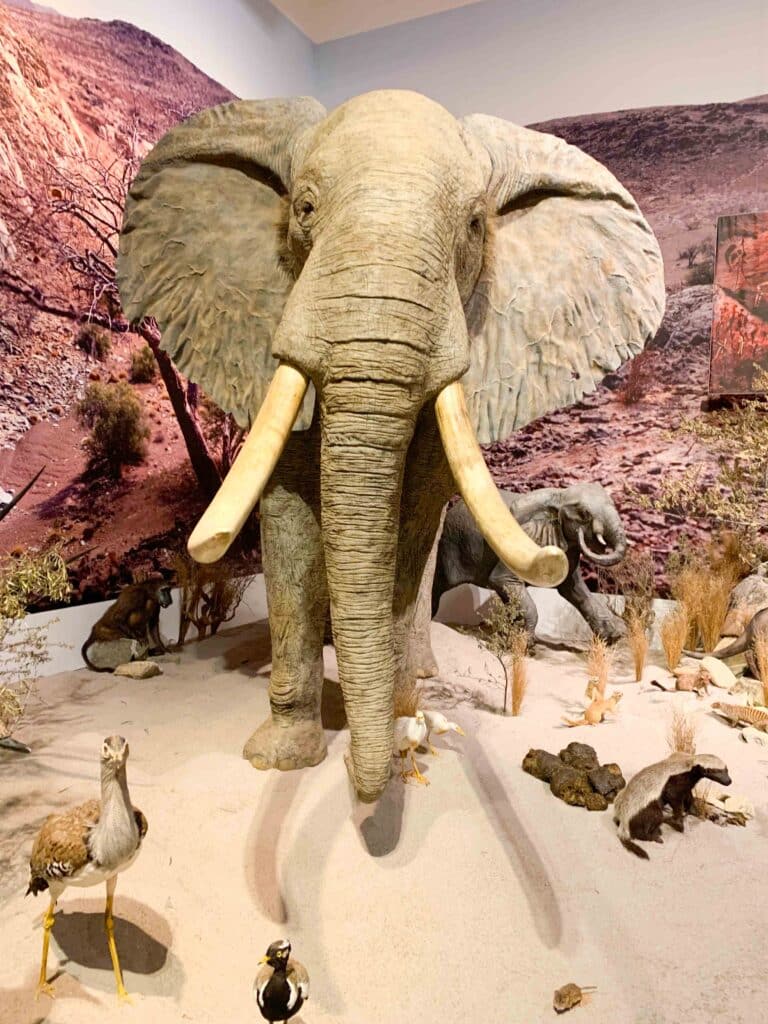
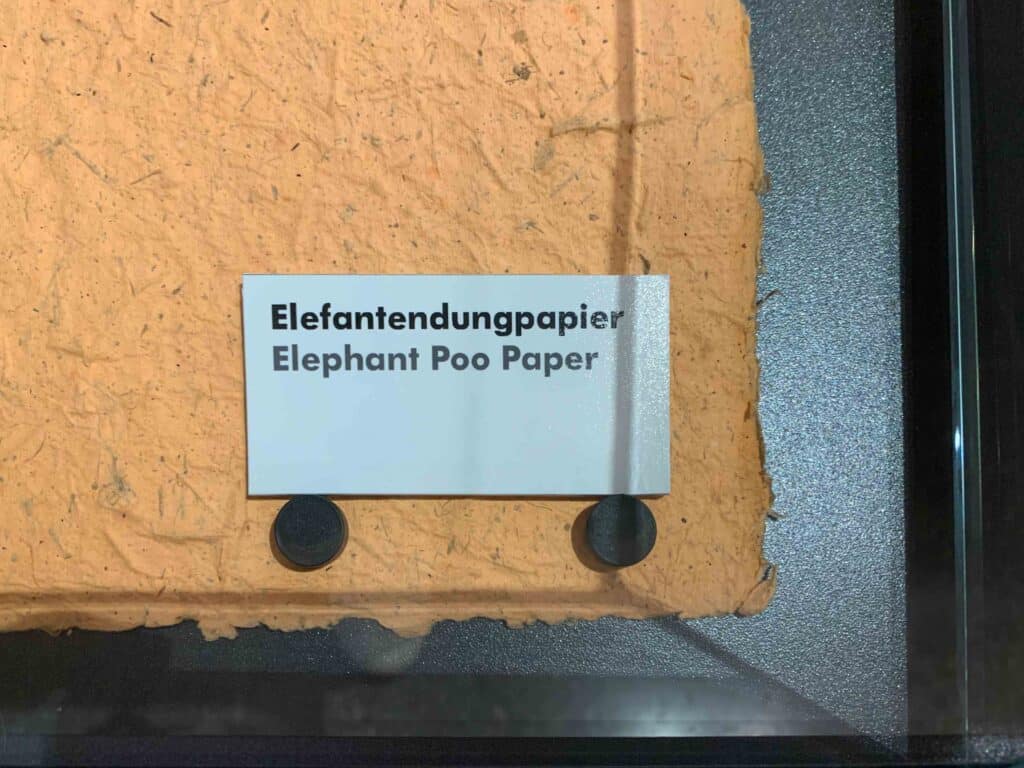
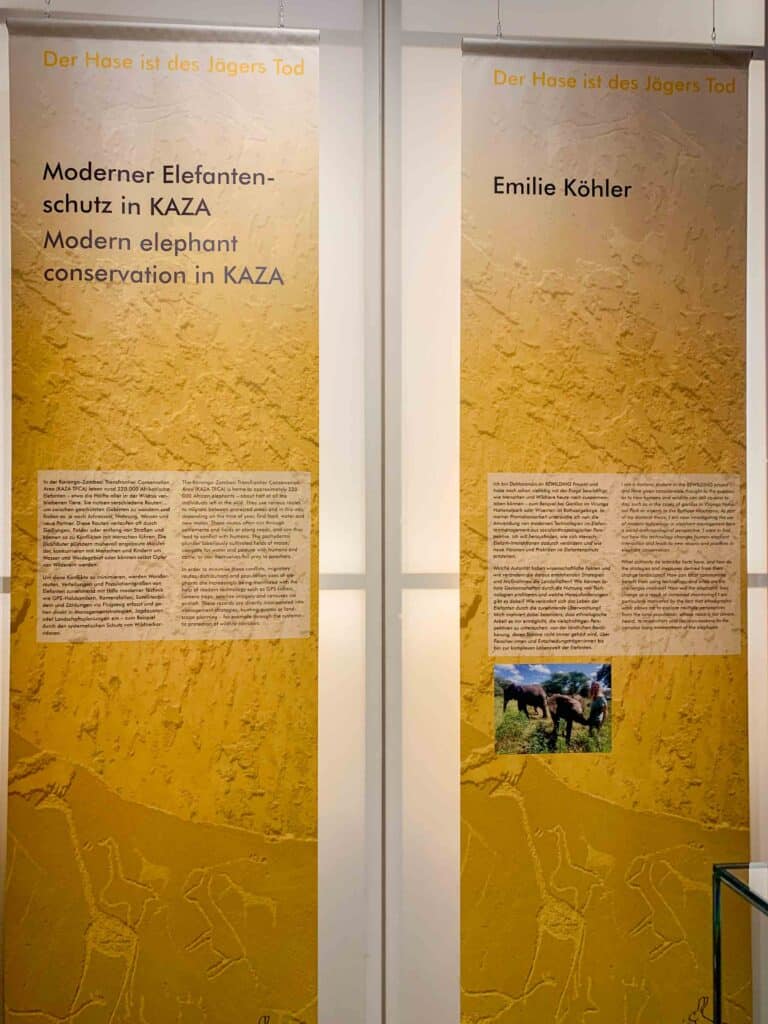
Both research projects are investigating the complex socio-ecological relationships within the Kavango-Zambezi Transfrontier Conservation Area (KAZA), the second-largest terrestrial conservation area in the world. KAZA spans five countries (Angola, Botswana, Namibia, Zambia, and Zimbabwe) and is home to approximately 220,000 elephants, the largest contiguous elephant population on Earth. These elephants migrate across protected areas, often traversing villages, fields, and roads, leading to frequent human-wildlife interaction. To mitigate conflicts, modern technologies such as GPS collars, camera traps, satellite imagery, and aerial surveys are used to monitor elephant migration routes, distributions, and population sizes. These data significantly impact management strategies, hunting quotas, and landscape planning, including the protection of wildlife corridors.
Emilie Köhler, a Ph.D. candidate in Project A04 Future Conservation and the Rewilding project, investigates the application of these technologies in elephant management from a social anthropological perspective. Her research addresses how human-elephant interactions are transformed by technological advancements, the authority of scientific knowledge, landscape changes, and the benefits and challenges for local communities. Furthermore, she examines how increasing surveillance affects elephants’ lives.
Future Rural Africa Project A04 Future Conservation and Rewilding the Anthropocene are both led by Prof. Dr. Michael Bollig, with contributions from postdoctoral researcher Léa Lacan and Ph.D. candidates Paula Alexiou, Manuel Bollmann, Julia Brekl, Emilie Köhler, and Wisse van Engelen. Both projects contribute to understanding the social, cultural, and economic dynamics influenced by large-scale conservation initiatives like KAZA.

